20 Companies That Made Very Bad Decisions (21 Photos)
Building a business from scratch is incredibly difficult. But sometimes a company manages to bury itself. Here are some of the most disastrous business decisions we've ever seen. 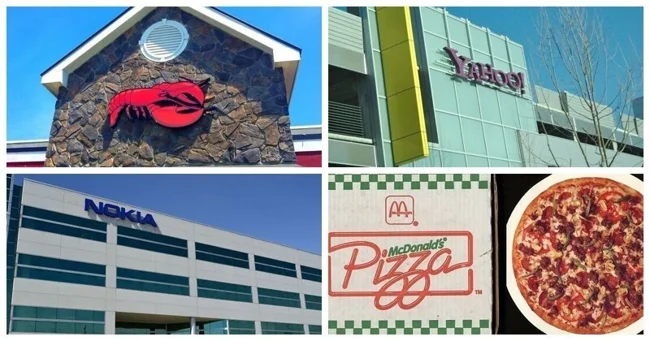
1. 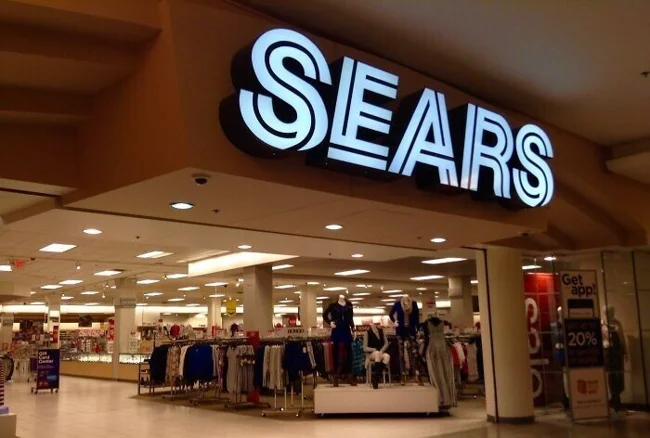
Sears closed its mail-order catalog business in 1993. For over 100 years, they sold everything from car hubcaps to homes by mail order throughout the United States. And in 1994, Amazon was founded.
2. 
JCPenney tried to stop cheating customers, but it backfired. They said there won't be any more sales, they'll just cut prices on everything because almost all department store sales are lies anyway. You don't actually get 70% off, the retail price was deliberately inflated to convince you it was a great deal. But in reality, the discounted price is the actual cost. So yes, they seemed to act humanly correctly, but this ultimately backfired on them, because people still believe in “discounts” and prefer to be lied to.
3. 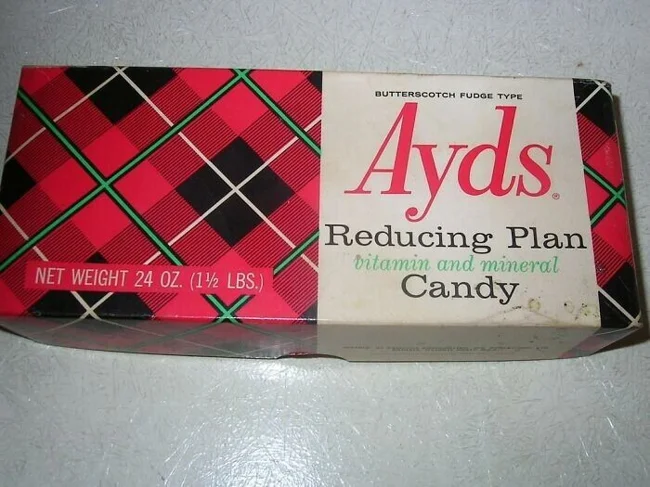
Ayds - dietary candies. They did not change their name after the advent of the AIDS virus.
4. 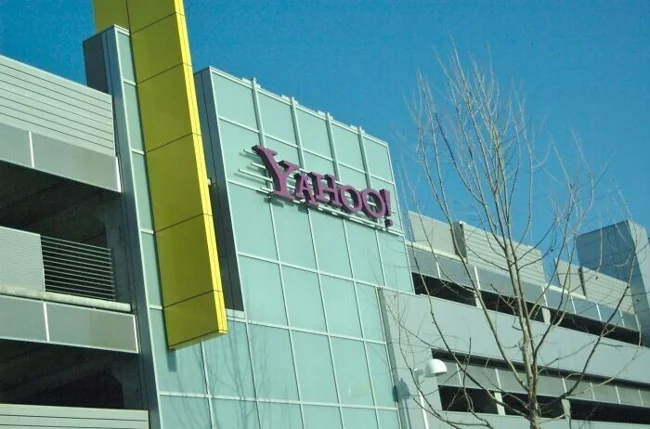
In 1998, Yahoo refused to buy Google for $1 million. In 2002, Yahoo offered to buy Google for $3 billion, but Google already wanted $5 billion. Yahoo retreated. In 2006, Yahoo was supposed to buy Facebook for $1.1 billion, but Yahoo's CEO lowered the price to $800 million, and Facebook refused. In 2008, Microsoft offered to buy Yahoo for $44.6 billion, but Yahoo's owners decided that this amount was not enough. Verizon ended up buying Yahoo in 2016 for just $4.6 billion.
5. 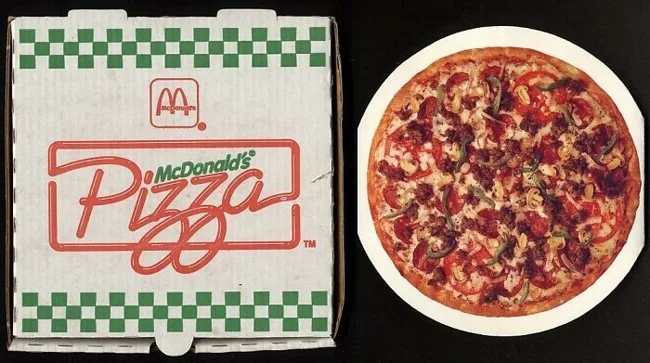
30 years ago, McDonalds tried to start selling pizza. They invested millions in this project, and it spectacularly collapsed (this failure, of course, did not bankrupt them, but crippled them). The reason McDonalds started selling freshly baked cupcakes was because they needed some way to use the pizza ovens they purchased.
6. 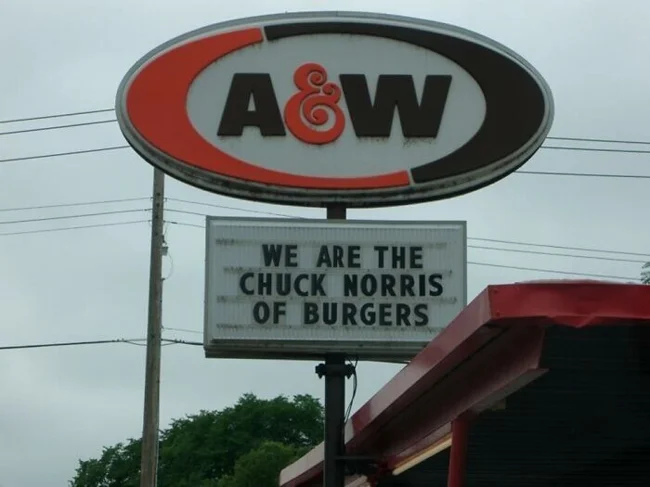
The A&W burger company tried to outsell McDonald's 1/4-pounder by offering a larger 1/3-pound burger. But for some reason the buyers decided that 1/3 was less than 1/4, and the business idea very quickly failed.
7. 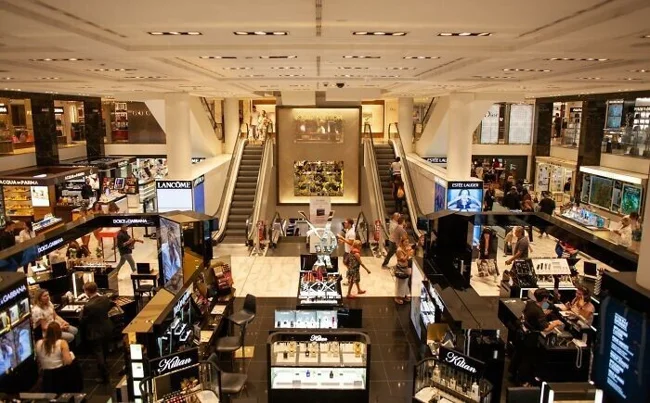
One American city has introduced a rule according to which persons under 18 years of age can enter a shopping center and cinema after 15:00 only in the presence of their parents. Not only on weekdays, but also on weekends. So how can a shopping center and cinema survive without teenagers and their pocket money? No way.
8. 
Yahoo bought Tumblr for $1.1 billion and sold it for $3 million 6 years later.
9. 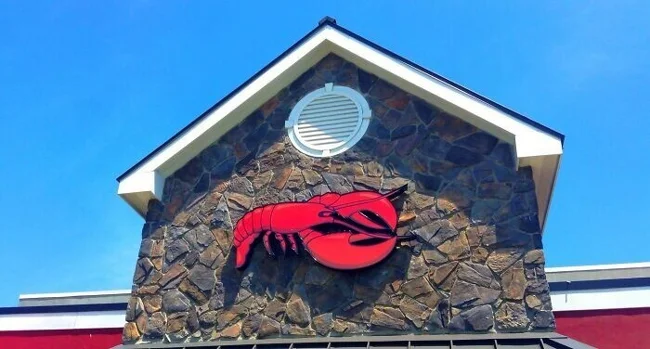
One day, the Red Lobster restaurant chain offered the following promotion: king (Kamchatka) crab legs at a fixed price in unlimited quantities. They thought that if they brought portions very slowly, then people would not sit and wait long for the next one. “Well, no one is going to sit there for 6 hours and just eat king crab legs,” they said. But in fact, many did just that, and Red Lobster lost millions.
10. 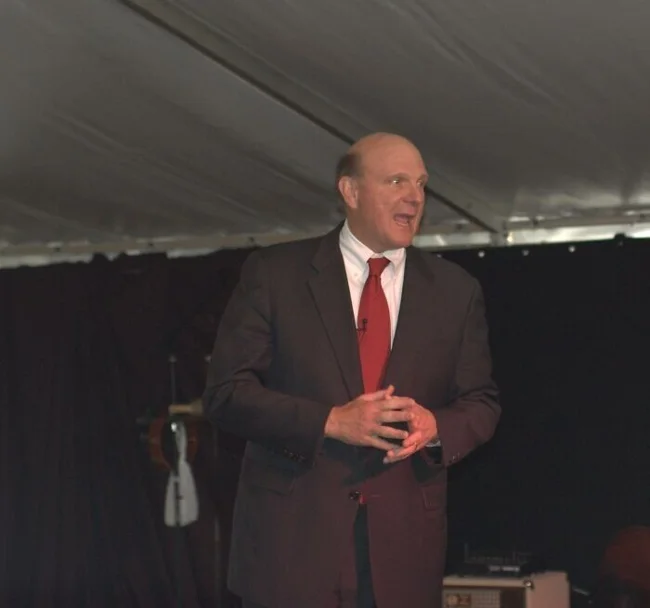
Steve Ballmer almost killed Microsoft. He thought smartphones were a stupid idea. He thought the cloud was an even stupider idea. And he did a few other things that were just blatantly idiotic, and he borrowed a lot of money. However, their new CEO is doing a great job.
11. 
Skype played a big fool during the “messenger race” in which they were leading the market. When Covid hit and everyone sat at home with the need to communicate face-to-face, Skype was slow and did not offer convenient solutions. Zoom immediately appeared and filled this niche.
12. 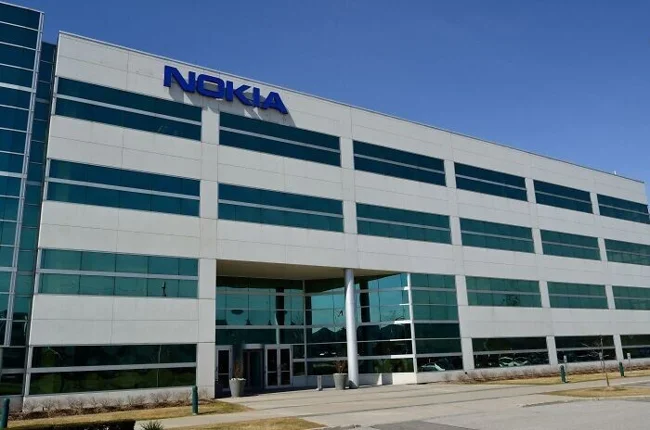
"Nokia". She was stuck in the past, didn’t switch to smartphones, and now they hardly even remember about her.
13. 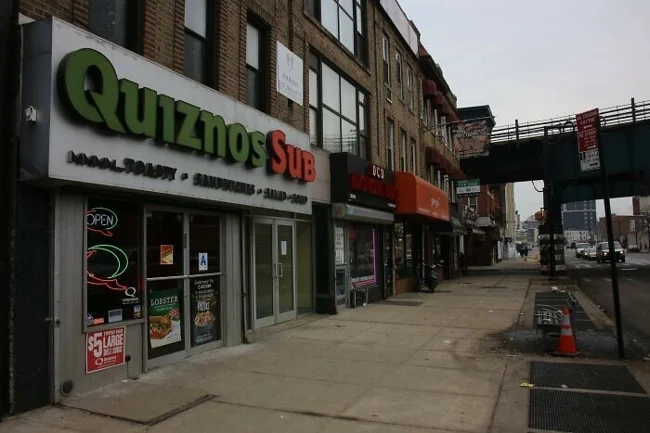
Quiznos Company. Head office decided to buy the suppliers and then contract with all the franchises to only buy materials from head office, with higher prices. Margins became too high and all stores went out of business. The company literally killed itself with its own hands.
14. 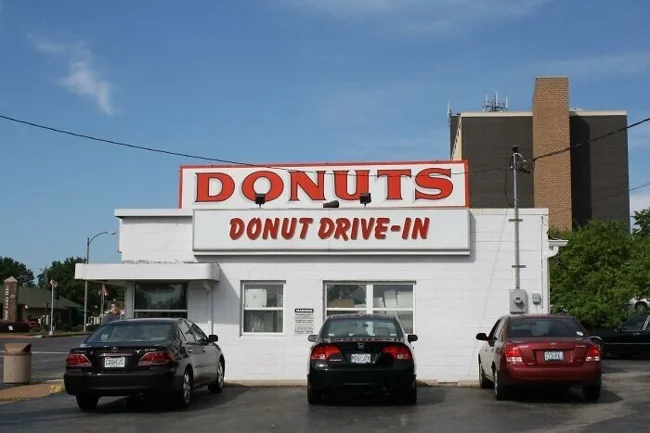
In one American city, next to a school, there was a kiosk that sold donuts. It opened at 6:00 and closed at 17:00, so students came every day before school started at 7:30 and after school ended at 14:15. The kiosk changed its working hours to 8:00-15:00 - and at this point the cash flow immediately dried up. After a few months he had to close.
15. 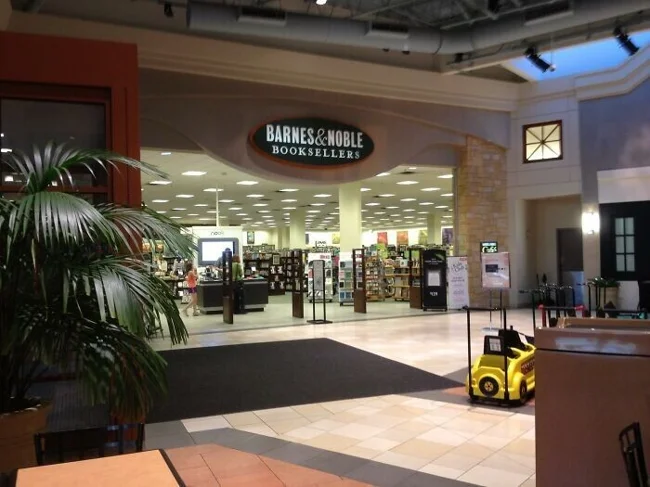
Barnes and Noble bookstore chain. They just kept opening big stores with fewer and fewer books...
16. 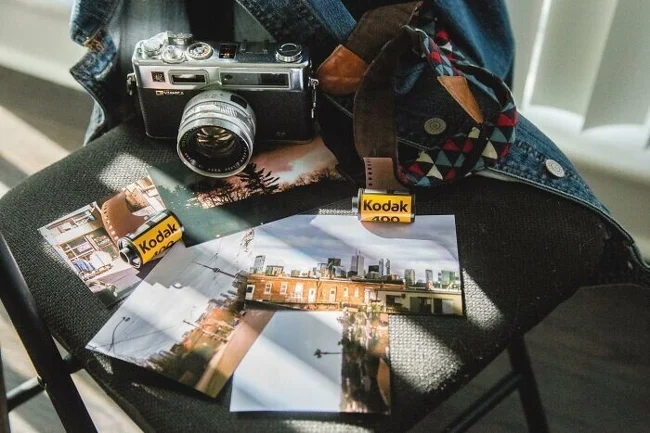
Kodak went completely out of business when it decided not to use digital photography. Eventually they somehow returned to the market a few years later, but pretty beat up.
17. 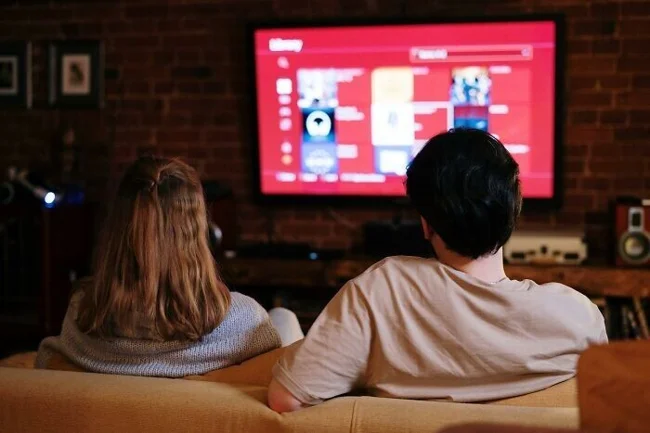
MoviePass was a strange company. Their model was too good to be true. They lost money on every subscriber who watched more than 2 movies per month, which was almost 100% of their subscribers. This is in addition to the local movie theater offering endless refills of buckets of popcorn with an annual subscription for about 60 bucks, and people have been making the most of it. We went to all the new films in a crowd of 7-8 people using two subscription cards, ate popcorn by the bucketful, etc.
18. 
In 2012, after a three-year break from the sport, the F1 Lotus team signed driver Kimi Raikkonen for the 2012 season. There was a clause in his contract that stated that Raikonnen would earn €50,000 for every point he scored over the two seasons of the contract. Raikonnen then finished third in the 2012 championship and 5th in the 2013 season, which was extremely impressive for Lotus. However, he scored 390 points in two seasons and Lotus had to pay him 50,000 euros for each point, so he earned 19.5 million euros from this bonus alone, which led to Lotus almost declaring bankruptcy.
19. 
When Quibi decided that 10-minute videos viewed in portrait mode on a commuter train were the future of home entertainment, it was the wrong decision.
20. 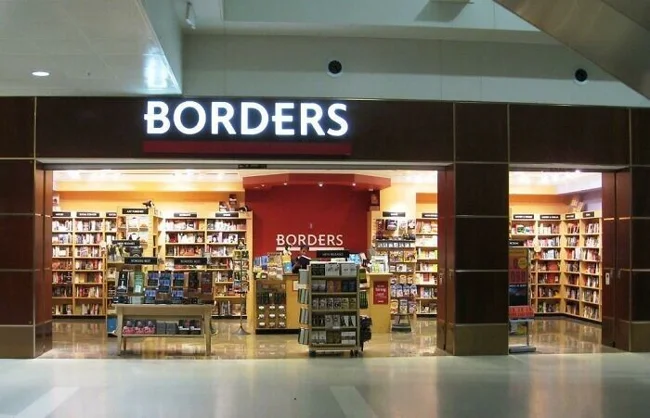
Borders Books had a chance to become an Internet giant like Amazon, but it screwed it up. They hired Amazon Books, then one of the smaller online retailers, to help create online inventory, a web storefront, and a sales management system for Borders Books. Then the dot-com crash happened, and Borders Books got scared and ended its marketing alliance with Amazon. And Amazon started using the system they created for Borders Books because they were allowed to keep the development in-house. And this system turned out to be much better than the one Amazon used previously.
